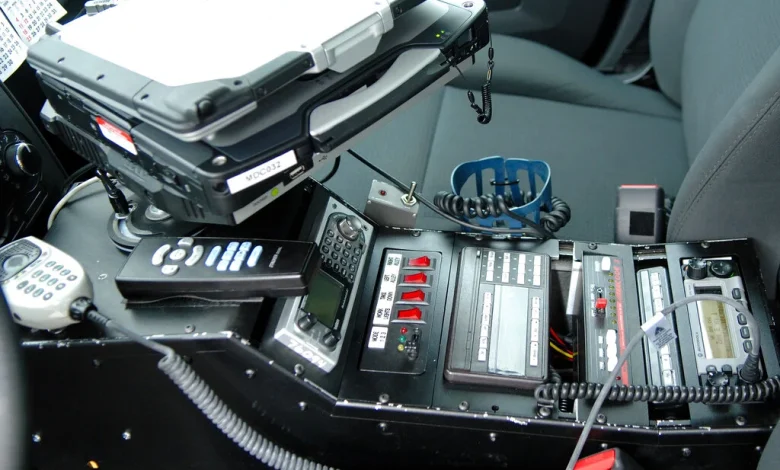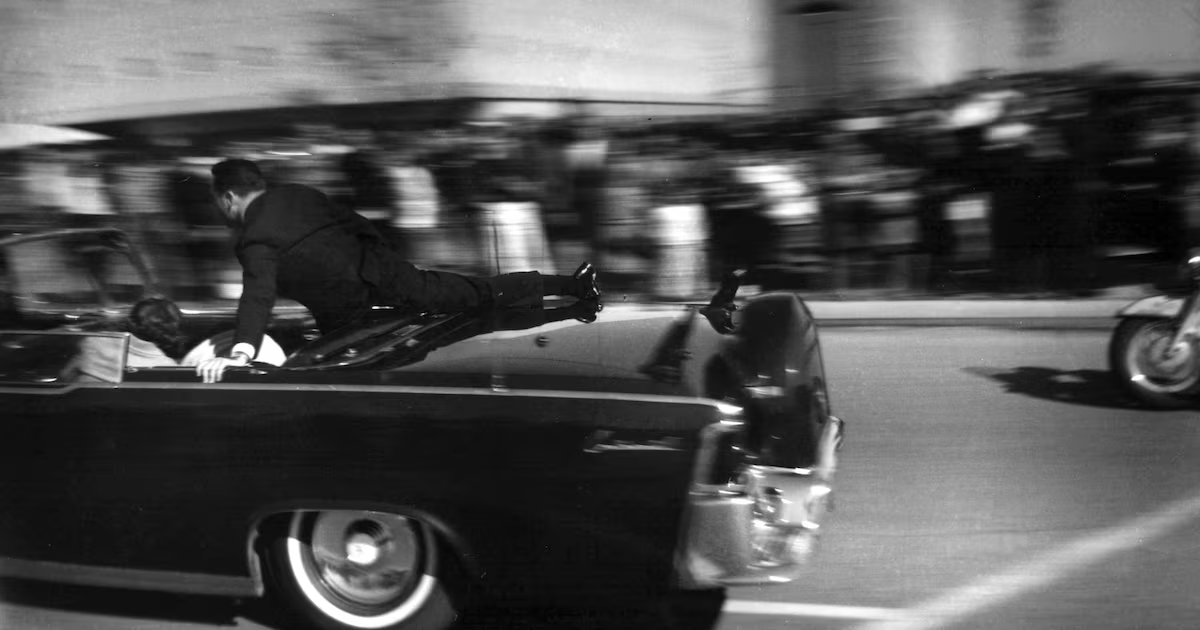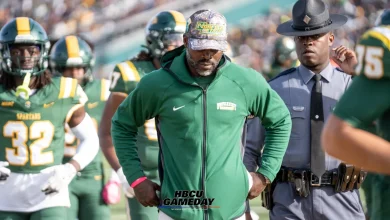Berkeley police will encrypt all radio traffic, a blow to transparency advocates

Berkeley police will soon encrypt all its radio communications, in part, they say, to protect officers responding to emergencies and victims of violent and other crimes.
The City Council signed off on the move Tuesday over the objections of journalists and transparency advocates and the misgivings of the city’s civilian police oversight body.
The Berkeley Police Department is the last law enforcement agency in Alameda County to still broadcast in the open, a practice that was previously the rule rather than the exception and has been instrumental to members of the press and public seeking real-time information.
“We’ve had a number of documented cases where suspects are using live radio traffic via scanner apps to coordinate their responses to evade capture,” Police Chief Jen Louis testified Tuesday. “We’ve had three of those specific instances in the last month and a half.”
Berkeley Police Department Jen Louis has gotten permission to encrypt all her agency’s communications. Credit: City of Berkeley
Besides protecting crime victims and BPD’s own, there are state mandates to consider. In 2020 the Office of the Attorney General banned law enforcement agencies from transmitting sensitive or personally identifiable information on police radios. Full-on encryption is not the only way to get that done; police in Palo Alto, for example, switched first to full encryption before going back to open radio calls and giving officers other means for relaying that sensitive information, including by cellphones.
But switching between encrypted and unencrypted networks “creates a breakdown,” Louis told the council Tuesday, and would be untenable for a police department and dispatch center that are both understaffed and overworked.
“Victims of domestic violence, sexual assault or other crimes have no idea that their names, addresses, injuries or locations could be broadcast over the air. Even delayed broadcasts still release this information without their consent, putting them at risk and discouraging others from coming forward,” BPD Sgt. Neil Egbert, president of the Berkeley police union, testified Tuesday via Zoom. “This isn’t just about privacy, it’s about their safety and trust in law enforcement.”
City police, who are beholden to Berkeley’s sanctuary policies, said they also don’t want interloping federal agents listening in on their investigations.
“Last week, when we were working on a possible influx of National Guard personnel and additional immigration agencies, federal immigration agencies in our city, they too would have access to our scanner app,” Louis said Tuesday.
Berkeley’s civilian police oversight body, the Police Accountability Board, along with Director of Police Accountability Hansel Aguilar, issued a statement Tuesday urging more deliberation before the council signed off on encryption. Among other things, the board wanted data on whether the dangers police had claimed were actually a reality, or just theoretical, in Berkeley and elsewhere, and if so, whether encrypting radios had demonstrably reduced those risks elsewhere.
“While recognizing the legitimate concerns for officer safety, the balance between safety and transparency must be guided by dialogue informed by the data,” according to the statement.
Berkeley’s media outlets also lined up against the decision. Berkeleyside warned Monday the decision would “make it harder to report on shootings, chases, protests, fires and other breaking news.” And the Berkeley Scanner, a news site tracking crime that gets its name from the device used to monitor police radio transmissions, published an op-ed arguing that encrypting traffic means “our entire community will lose access to a critical resource that helps us know what stories to cover and what actually happened.”
Several Berkeley residents joined the council Tuesday, in person and by Zoom, to argue against encryption.
“Are we in a police state, or are we focused on public safety?” Moni Law, an attorney, housing counselor and community activist who served on Berkeley’s Fair and Impartial Policing Working Group, asked Tuesday. “Looking at this operationally, it is not the best course of action. In fact it’s a dangerous one. We will have less transparency, less accountability … People of color are at risk, immigrants are at risk and we have to do more for more transparency, not less.”
“The scanner has long allowed residents, journalists and volunteer responders to stay informed in real time, especially during critical incidents like fires, protests or citywide emergencies when accurate information can literally save lives,” said Taj Herzer-Baptiste, an EMT who sits on the city’s Disaster and Fire Safety Commission. “Removing the scanner would not make Berkeley safer. It would make our city less informed and more dependent on filtered, delayed narratives.”
In a memo to the City Council, Louis said her agency’s “commitment to transparency remains strong.”
Until Wednesday morning, when a spokesperson responded to, but did not directly answer, several questions, BPD had not responded to or even acknowledged a single inquiry or follow-up from Berkeleyside in 21 days.
In that time Berkeley had inquired after, and followed up on, two shootings, a regional surge of federal immigration agents, a city contract for fixed surveillance cameras and the issue of radio encryption. BPD eventually posted on social media about the shootings, but its spokespeople never responded to Berkeleyside.
In the run-up to the council vote, Berkeley police announced a new, more frequently updated call log that will provide rapid information on when and where calls for service come in. That information is already available in the department’s Transparency Hub, but it will now be available more quickly, police say.
In a memo to the council, Louis also pledged BPD would “expand its public information practices.” When Berkeleyside inquired what that would look like, an agency spokesperson responded with what appears to have been a prepared statement that also went out to other journalists.
Besides the new call log, BPD “is working to expand public access to information by providing frequent updates via our social media platforms,” according to the statement. BPD has not yet responded to a follow-up inquiry asking if there would be any changes to the frequency with which they respond to inquiries.
It is unclear when the encryption will go into effect. As of Wednesday afternoon BPD was still transmitting in the open.
The council voted 8-1 to approve encryption; Councilmember Cecilia Lunaparra cast the lone opposing vote.
Editors’ note: This article was updated after publication with additional information.
Featured photo: AP/Bill Wolf
Related stories
Berkeley’s 911 call center struggles to hire enough dispatchers
October 9, 2025Oct. 9, 2025, 5:16 p.m.
Berkeley police want to encrypt all radio calls
October 16, 2025Oct. 17, 2025, 3:37 p.m.
If Berkeley silences its police radio feed, a crucial reporting tool will disappear
October 27, 2025Oct. 28, 2025, 2:01 p.m.
“*” indicates required fields





